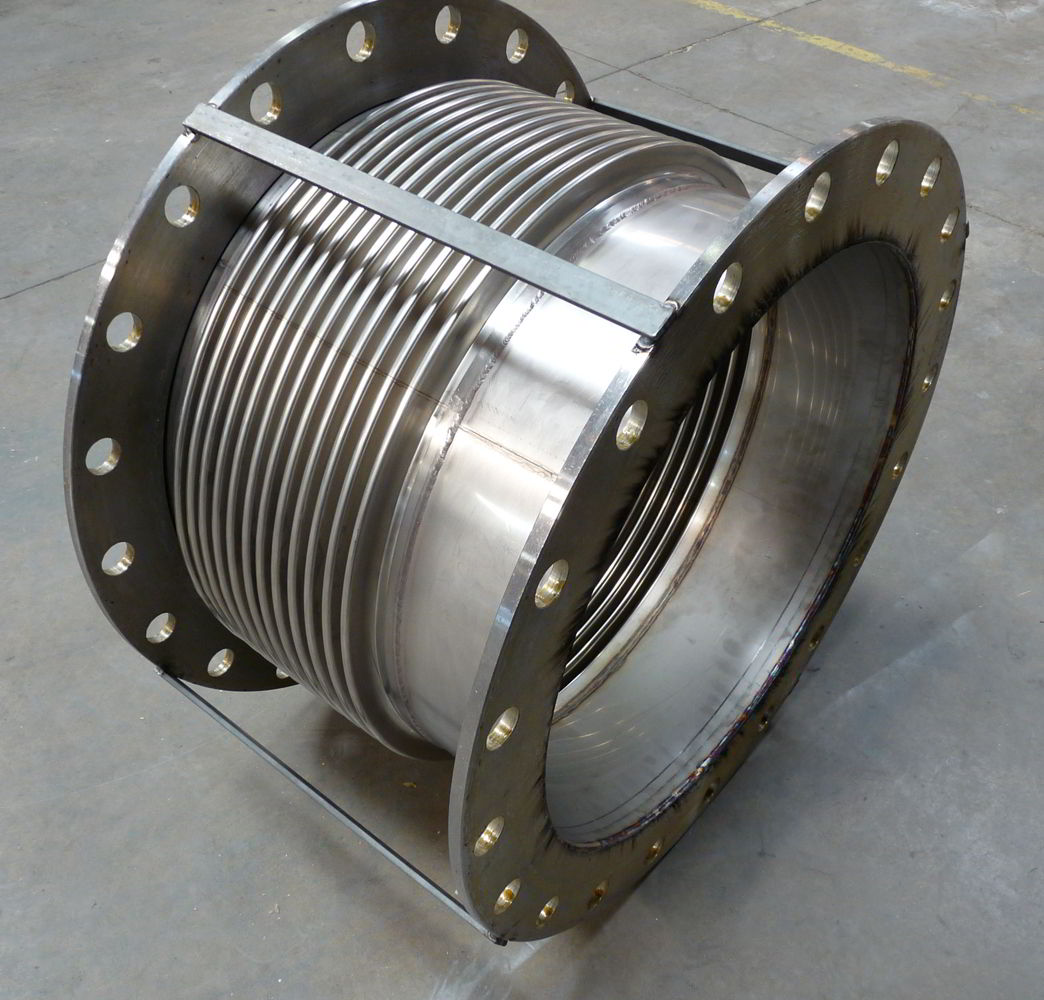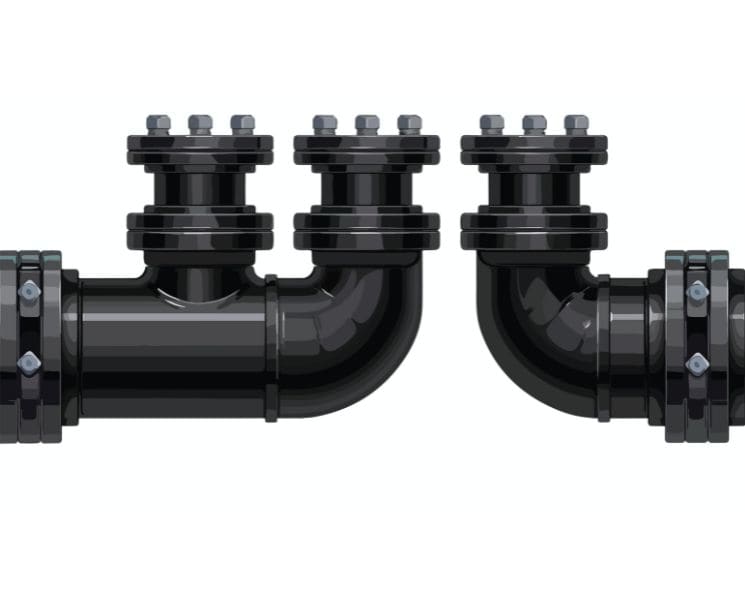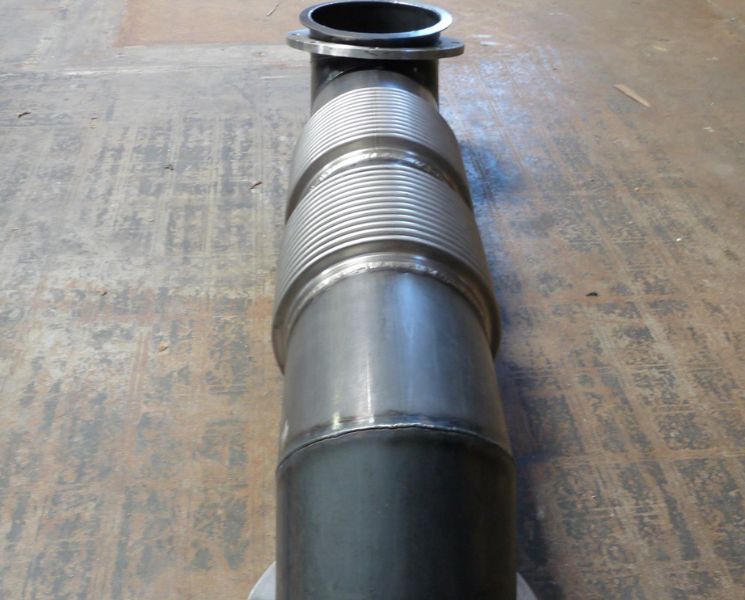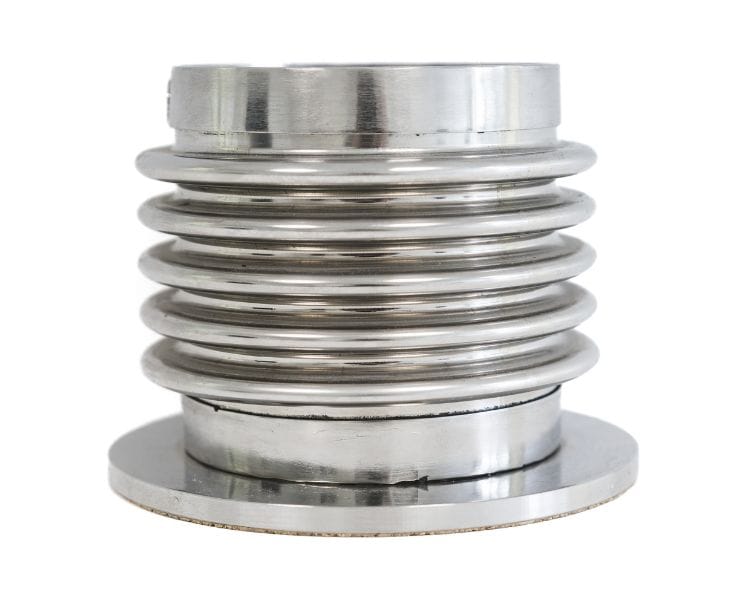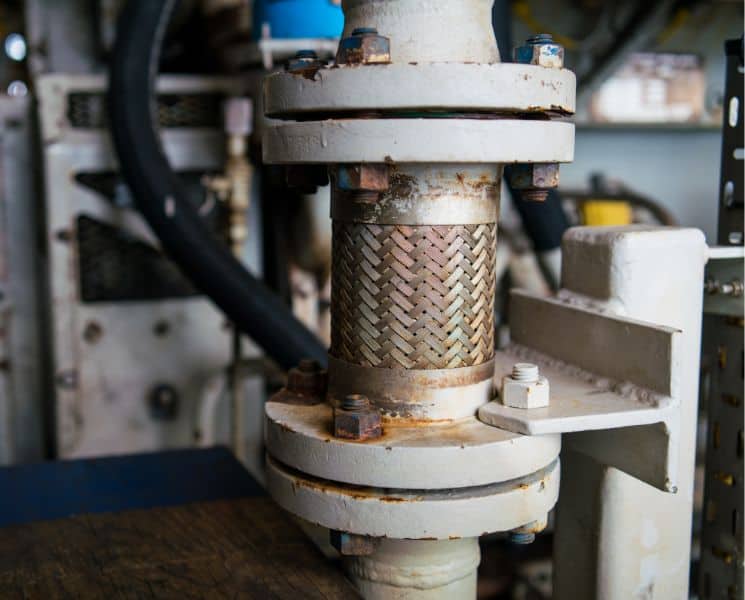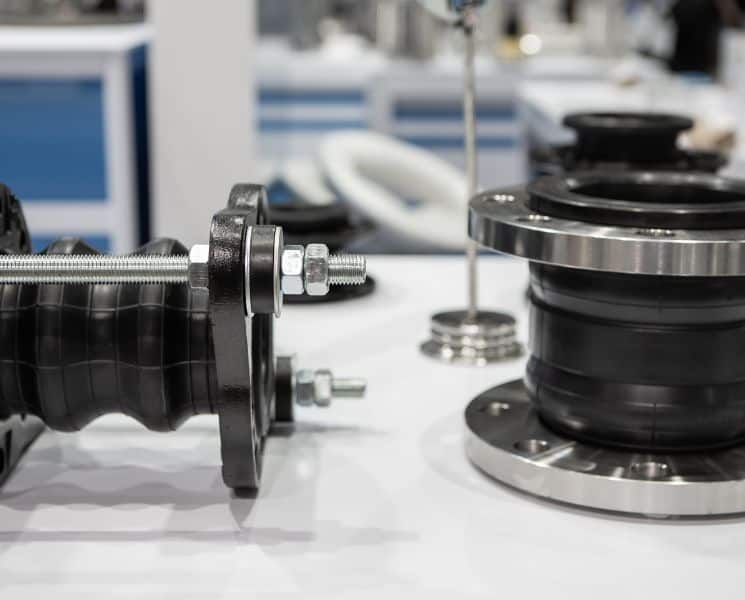Metal bellows have been relied upon in various manufacturing methods across various industries. They play a vital role in sensing and sealing applications. Bellows can convert changes in their internal or external pressure into an applied force; at the same time, they deflect elastically in response to this force and exert a reactive force. Essentially, metal bellows act as piston-spring combination.
Despite the fact that they are used in so many fields, not all metal bellows are created equal. Today, we’re going to discuss why the type of metal itself matters by looking at how four different materials alter the final product.
- Brass: Brass is a very traditional and popular bellows material, in part due to its low manufacturing cost. Brass bellows are usually used in applications that require an air medium because brass can withstand operating temperatures of up to 300 degrees Fahrenheit. Its tensile strength ranges between 49 and 68 ksi (thousands of pounds per square inch).
- Bronze: Bronze possesses a slightly higher tensile strength (at between 40 to 90 ksi) and offers better corrosion resistance and electrical conductivity. Also boasting a low manufacturing cost, bronze bellows are often used in high-volume applications, such as appliances and HVAC equipment.
- Stainless Steels: The most common stainless steel bellows are 316L and 321. Because stainless steel has such excellent tensile strength (at a minimum of 90 ksi), it is easier to maximize stroke and minimize package size. Additionally, stainless steel bellows are resistant to corrosion in multiple environments; in fact, Marine Grade Stainless Steel is designed with molybdenum (atomic symbol 42) to combat the corrosive effects of saltwater.
- Nickel: Nickel is a hard material with strong corrosion resistance, which is why electro-deposited bellows are often made from nickel. Nickel bellows are used in an array of aerospace applications due to its wide range of tensile strength (50 to 145 ksi).
Whether your industry requires custom bellows or standard bellows, it’s important to remember that material — and metal — matters. Once you understand that the tensile, chemical, and physical properties of metal bellows is dependent upon the material that they’re made out of, you’ll be able to find the best fit for your needs.

